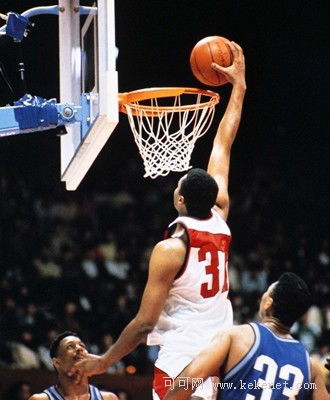The Basketball EuroBasket, often simply referred to as EuroBasket, is the flagship event of the International Basketball Federation (FIBA) Europe. This tournament, held every two years, brings together the best national teams from across the continent to compete for the title of European champion. Over the years, EuroBasket has not only showcased exceptional basketball talent but also played a pivotal role in shaping the global basketball landscape. This article delves into the history, significance, and impact of the EuroBasket, highlighting its evolution and the unforgettable moments that have made it a beloved event among basketball enthusiasts worldwide.
The inaugural EuroBasket took place in 1935 in Switzerland, with a modest 10team field. Since then, the tournament has grown significantly, both in terms of participation and popularity. The early years of the EuroBasket were dominated by the Soviet Union, which won six of the first seven tournaments. Other early powerhouses included Czechoslovakia and the Yugoslavian team. The tournament was suspended during World War II but resumed in 1946, continuing its growth and development.
Over the decades, the EuroBasket has undergone numerous changes. Initially, the tournament was held irregularly, but since 1991, it has been conducted biennially. The format has also evolved, with the introduction of preliminary rounds, group stages, and knockout phases to accommodate the increasing number of participating teams. The expansion of the tournament has allowed more countries to compete, fostering greater interest and engagement across Europe.
Throughout its history, the EuroBasket has witnessed numerous iconic moments and the rise of legendary players. Arvydas Sabonis, Dražen Petrović, and Pau Gasol are just a few of the many stars who have shined brightly on the EuroBasket stage. These players not only achieved personal glory but also inspired a generation of basketball players across Europe. Memorable matches, such as the 1987 final between Greece and the Soviet Union, have become part of basketball folklore, showcasing the passion and intensity of European basketball.
The EuroBasket has played a crucial role in the development of basketball in Europe. The tournament has not only served as a platform for European players to showcase their skills but also as a catalyst for the growth of domestic leagues and the improvement of national team programs. The success of European teams in the EuroBasket has translated into increased visibility and investment in basketball infrastructure across the continent.
Beyond Europe, the EuroBasket has had a significant impact on the global basketball scene. Many EuroBasket stars have gone on to successful careers in the NBA, influencing the style of play and raising the profile of European basketball. The tournament has also influenced international basketball federations, prompting them to adopt similar structures and formats for their own regional championships.
Despite its success, the EuroBasket faces challenges, including the scheduling conflicts with domestic leagues and the need to balance player availability with club commitments. Looking forward, the tournament will need to adapt to these challenges while continuing to innovate and engage fans. The integration of technology, enhanced fan experiences, and the potential expansion of the tournament to include guest teams from other continents could be part of the future landscape of the EuroBasket.

The Basketball EuroBasket stands as a testament to the growth and vibrancy of basketball in Europe. With its rich history, passionate fan base, and the continuous emergence of new talent, the tournament remains a pivotal event in the international basketball calendar. As the EuroBasket continues to evolve, it will undoubtedly shape the future of basketball, both in Europe and around the world.
This comprehensive exploration of the EuroBasket highlights its importance not only as a competitive sporting event but also as a cultural phenomenon that unites nations and celebrates the universal appeal of basketball.